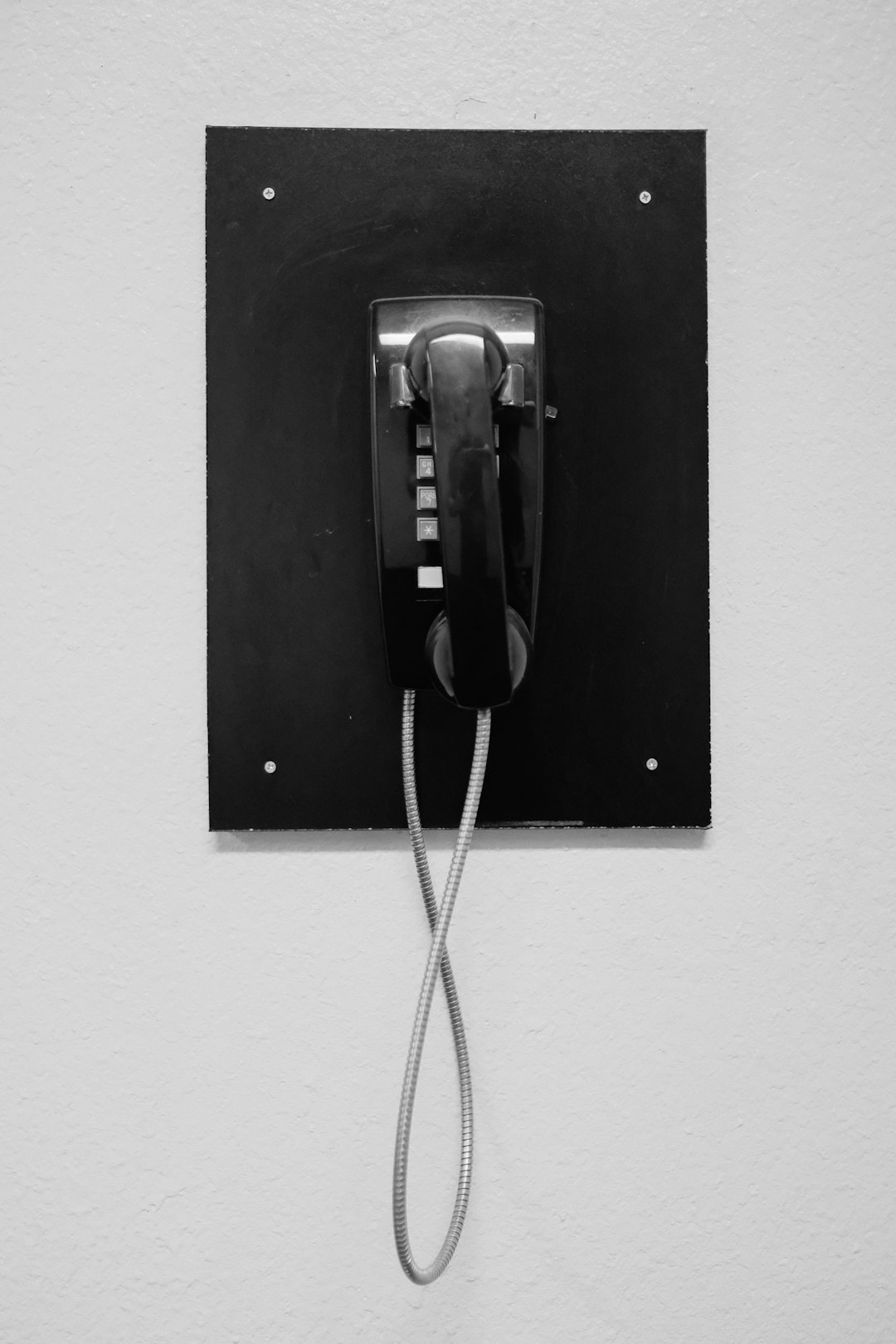Robocall law firms in Philadelphia have sparked civil frustration due to frequent, unsolicited calls, raising concerns about privacy invasion and consumer rights. Federal and state laws, including TCPA, strictly regulate such calls, with non-compliance leading to significant fines. Compliance requires explicit consent, opt-out options, and record-keeping, fostering trust and avoiding legal disputes among Philadelphia robocall law firms. Growing awareness and complaints press the city to enforce stricter regulations, protecting residents' peace of mind and privacy.
In Philadelphia, as across the nation, robocalls have become a growing concern, inundating residents with unwanted automated calls. This article delves into the broader community implications of robocalls in Philadelphia, exploring the legal landscape surrounding robocall regulations in Pennsylvania. We analyze the impact on residents, including awareness and complaints, and provide strategies for businesses to navigate robocall law effectively, ensuring compliance and minimizing community disruption. Understanding these dynamics is crucial for both consumers and robocall law firms operating in Philadelphia.
Robocalls in Philadelphia: A Rising Concern
In the bustling city of Philadelphia, a silent yet pervasive issue has emerged—robocalls. These automated phone calls, often from law firms utilizing robocall technology, have become a growing concern for residents. With each dial, a new layer of frustration and potential privacy invasion unfolds, leaving many Philadelphians questioning their right to peace and quiet.
The rise of robocalls targeting local consumers has sparked widespread dissatisfaction. Philadelphia’s citizens are not just annoyed; they’re concerned about the frequency and lack of control over these unsolicited calls, especially from law firms using automated systems. This trend raises important questions about consumer rights and the need for stricter regulations, particularly in light of the existing robocall laws aimed at protecting individuals from such unwanted intrusions.
Legal Landscape: Robocall Regulations in PA
In Pennsylvania, including Philadelphia, robocalls are regulated by a series of laws designed to protect consumers from unsolicited and deceptive calls. The Telephone Consumer Protection Act (TCPA) is a federal law that places restrictions on automated telemarketing calls, often associated with robocalls. It prohibits businesses from making such calls without prior express consent from the recipient. Pennsylvania further strengthens these protections with its own state laws, ensuring that residents are not overwhelmed by intrusive robocalls.
Philadelphia’s legal landscape regarding robocalls is actively enforced by local authorities and consumer protection agencies. Robocall law firms operating in this area must adhere to strict guidelines, including obtaining valid consent for marketing purposes and providing an opt-out option during calls. Non-compliance can lead to significant fines, underscoring the importance of understanding and adhering to the robocall laws in Pennsylvania to ensure ethical business practices and respect for consumers’ privacy.
Impact on Residents: Awareness and Complaints
In Philadelphia, as in many urban areas across the country, robocalls have become a ubiquitous and often nuisance-filled aspect of daily life for residents. These automated phone calls, often from law firms using robocall technology, can significantly impact individuals’ experiences. Many Philadelphians have expressed growing concerns and complaints about the frequency and nature of these calls, especially when they involve marketing or unsolicited legal services. The constant barrage of robocalls can lead to heightened stress levels and cause residents to become desensitized, tuning out legitimate communications.
Awareness among Philadelphia’s residents is rising regarding their rights in dealing with robocallers, particularly those posing as law firms. This increased awareness has led to a surge in complaints registered with local authorities and consumer protection agencies. As the city navigates the challenges posed by these automated calls, implementing stricter regulations and enforcement against violators, including law firms using robocall tactics, is becoming a pressing matter to protect residents’ peace of mind and privacy.
Strategies for Firms: Navigating Robocall Law
In navigating the complex landscape of robocall regulations, businesses in Philadelphia must stay informed about local and federal laws. The Telephone Consumer Protection Act (TCPA) sets guidelines for automated telemarketing calls, including restrictions on when and how robocalls can be made. Firms operating within the city limits of Philadelphia are responsible for adhering to these rules to avoid legal repercussions.
To effectively manage robocall compliance, companies should implement strategies such as obtaining explicit consent from call recipients before dialing, maintaining detailed records of consumer opt-out requests, and ensuring their third-party vendors also comply with the TCPA. By adopting these practices, businesses can foster trust within their community while avoiding costly legal disputes related to robocalls in Philadelphia.






